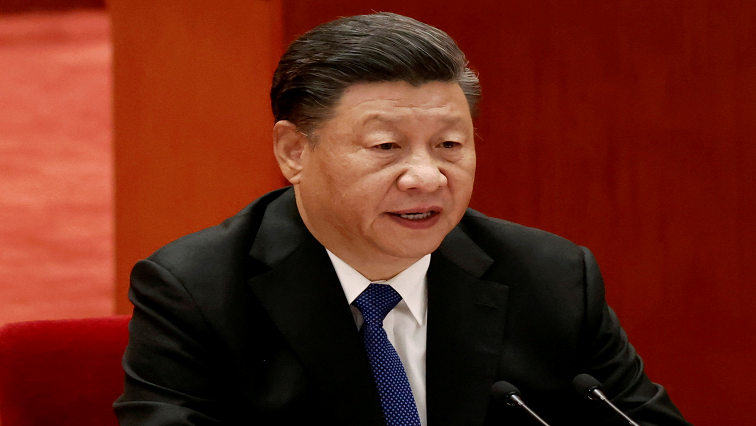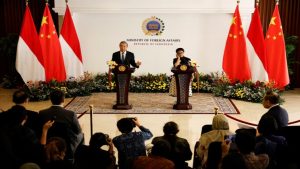The international community should take concrete actions to address climate change issues, according to a commentary released by the China Media Group on Tuesday.
Chinese President Xi Jinping has on many occasions highlighted China’s view on tackling the climate challenge, expressed China’s firm support for the Paris Agreement, and announced the country’s concrete actions to protect the planet.
In his written statement to the opening of the World Leaders Summit at the 26th session of the Conference of the Parties (COP26) to the United Nations Framework Convention on Climate Change (UNFCC) released on Monday, Xi reiterated the call for global unity and actions to address climate change and put forward three suggestions: upholding multilateral consensus, focusing on concrete actions, and accelerating green transition.
Keeping with President Xi’s calling on the world to jointly tackle global challenges at the G20 Rome summit held over the weekend, these proposals are also China’s contribution of wisdom to the global climate governance and have pointed out the way for humankind to solve the current climate issues.
“Action” is one of the much-emphasized words of the Chinese solution. The immediate cause of China repeatedly making its voice heard at the international stage is that there is greater urgency for global countries to tackle with climate challenges.
“Visions will come true only when we act on them,” said Xi on Monday as he urged all countries to honor their commitment, set realistic targets, and do their best according to national conditions to deliver their climate action measures.
On the day the COP26 kicked off, the World Meteorological Organization (WMO) issued a provisional report, saying data in the first nine months of this year showed that the past seven years are expected to be the hottest years in history, the concentration of global greenhouse gases created a new high in 2020 and will continue to surge in 2021.
WMO Secretary-General Prof. Petteri Taalas last week also said that “extreme events are the new norm.”
“When it comes to global challenges such as climate change, multilateralism is the right prescription,” Xi said in the statement.
Based on this, all sides should follow the UNFCC and the Paris Agreement, and uphold the principle of common but differentiated responsibilities. The developed countries, in particular, should do more and offer powerful support to developing countries in practicing their responsibilities.
According to the Paris Agreement, developed countries, who built their wealth by burning fossil fuels and have contributed most to the climate crisis, pledged 100 billion dollars a year to help lower-income nations by 2020.
However, they still have not made good on the pledge as they should catch up on over 20 billion U.S. dollars to the 2020 target, showed a report by Organisation for Economic Co-operation and Development (OECD).
It is obvious that an effective response to climate change depends on whether developed countries will take on the leading role in emissions reduction and give more support to developing countries.
With regard to coordination between coping with climate change and developing an economy, President Xi proposed to accelerate green transition, highlighting the role of innovation in science and technology and called for the promotion of a greener economy and society, and exploration of a new pathway that coordinates development with conservation.
China has been actively promoting green transition of its economy and taking firm measures to prevent a blind development of energy-intensive and high-emission projects. Additionally, China pledges that the country will not build new coal-fired power projects abroad.
Over past 10 years, China phased out 120 million kilowatts of installed coal-fired power generation capacity. China recently has also launched multiple work plans, adopted various supportive measures, and vowed to form China’s “1+N” policy framework for helping the nation fulfill its pledge to peak its CO2 emissions before 2030 and achieve carbon neutrality before 2060.
All of these show China takes on the responsibility of working with all countries to pursue a path of green, low-carbon, and sustainable development.
As the Chinese president has said, China always honors its words with actions.
On October 28, China submitted to the UNFCCC Secretariat “China’s Achievements, New Goals and New Measures for Nationally Determined Contributions” and “China’s Mid-Century Long-Term Low Greenhouse Gas Emission Development Strategy”, which are concrete measures China has taken to implement the Paris Agreement.
Coping with climate changes is a global challenge, demanding global actions. So the Glasgow Summit, the first ever climate change conference since the implementation of the Paris Agreement in 2019, should be an opportunity for all sides to abandon empty talk and take concrete actions.






